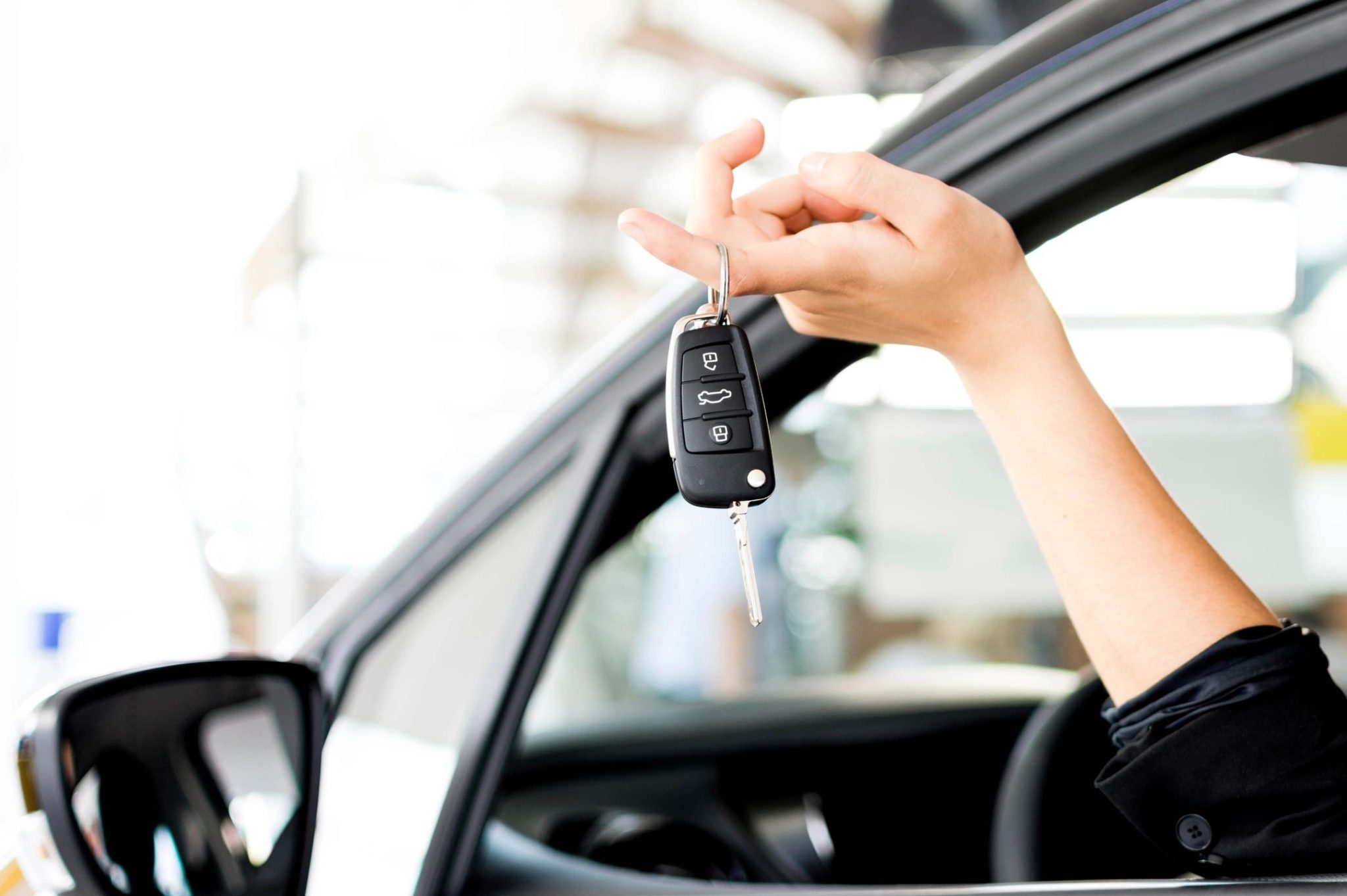Getting rid of an old car in your driveway is a little hassle. But here’s the catch: when you select a vehicle donation program, that ratty old clunker or abandoned sedan becomes an instrument of actual change. You’re not only opening up space; you’re investing in programs that feed families, give homes to the homeless, pay for kids’ education, and keep nonprofits operational.
The catch? Selecting the right charity. There are loads of programs available, and not all are worth your effort. Some are reputable, some are not. Here’s a handy guide to ensure your car donation is a hit.
How Vehicle Donations Actually Work?
Donating a vehicle is complicated, most people believe. Fact is, it doesn’t need to be. When you donate through a reputable program, your vehicle isn’t merely parked somewhere gathering dust. It’s towed (no joke, towing is free), auctioned to the highest bidder, and the proceeds go to the charity of your choice.
All the yucky stuff, paperwork, IRS forms, and towing are taken care of for you. That’s why so many people are fans of programs like Cars Helping Charities. They’ve been doing this for 15+ years, deal with hundreds of charities, and see that your donation is taken care of quickly and professionally.
Step 1: Know What Matters to You
You don’t want to just donate your car to any charity. Ask yourself: what really matters to me?
Perhaps your passion is education for kids, veterans, animals, or healthcare. Whatever it may be, that passion will lead you to a charity that truly puts your contribution in the manner in which you wish.
Here’s the twist: when you choose something you care about, your contribution doesn’t feel like a transaction. It means something. And that is the entire purpose of a car donations for nonprofits campaign.
Step 2: Ensure the Charity Is Legit
Before making a donation, it’s important to confirm that the organization receiving your support is legitimate and transparent about how it uses contributions. Unfortunately, not all groups that present themselves as charitable are properly registered or accountable.
When donating a vehicle, this becomes even more important. You’ll want to know where the proceeds are going and that they are supporting a real cause. Using a trusted vehicle donation platform like Cars Helping Charities can help simplify this process, as they work with a network of vetted nonprofit organizations to ensure your donation makes a genuine impact.
Being informed helps ensure your donation has the effect you intend and avoids unintentional support of unverified groups.
Step 3: Know How the Funds Are Spent
Not all programs are created equal. Some donate a high percentage of the sale proceeds of the vehicle to the charity, some skim more than you’d ever want to know. Get information on how the money is spent and how much actually ends up at the nonprofit.
High-end programs are honest. They present you with the figures on how they sold the car and what the nonprofit got. That’s why your decision counts. Your car should make a maximum impact.
Step 4: Ensure the Process Is Simple
Here’s the thing: car donation is not stressful. You don’t have to chase around paperwork or arrange towing five times.
With Cars Helping Charities, it’s easy. Free towing, service from coast to coast, accurate documentation, and a tax receipt when the vehicle is sold at auction. You give the car; they handle all the work. Easy. Done.
And that’s why a good donating vehicle to charity experience should be seamless. You know your vehicle is in good hands without keeping you up at night worrying about logistics.
Step 5: Local vs. National Impact
Do you want your contribution to make a splash locally or throughout the nation? Both have their advantages.
Local charities provide that nice “I can see it happen” feeling. Your vehicle may nourish families in your community, support school programs, or benefit a local shelter.
National programs work with larger groups and larger projects, such as disaster relief, disease research, or national educational programs.
Cars Helping Charities gives you the option. Local, national, it’s up to you, and your vehicle’s value goes where you believe it will make the greatest impact.
Step 6: Be Aware of the Perks for Donors
Hey, donating a vehicle isn’t only about tax benefits (though that’s a pleasant added touch). It’s emotional as well. Your car may have held family memories or your daily route, now it gets to pay back.
You receive a tax receipt for the sale price, which is a charitable donation. But more importantly, you feel satisfied knowing your used car benefited someone in need. That’s the human factor. That’s why auto donation programs are successful; they make donating easy, concrete, and rewarding.
Direct Impact You’re Making
Let’s not be coy. A single vehicle can make a huge difference. For instance:
- Provide hundreds of meals to needy families
- Fund after-school activities for children
- Support soldiers through training courses.
- Provide shelter for homeless families.
Your car is auctioned off, and the nonprofit uses that cash to make real change happen. That’s the strength of car donations for nonprofits.
Making the Decision
Ultimately, the correct charity is the one that shares your beliefs, takes responsibility for donations, and creates the greatest impact.
With Cars Helping Charities, you don’t have to wonder. You receive:
- An easy donation process
- Free towing, anywhere in the U.S.
- Verified nonprofit partners
- A tax receipt upon the sale of the vehicle
Your car goes from idle to invaluable.
Ready to Donate?
If you’re ready to turn that old car into real change, choose a trusted program like Cars Helping Charities. Pick your nonprofit, schedule free towing, and let your vehicle be sold to the highest bidder. It’s fast, easy, and the impact is immediate. Don’t let your unused car sit there; make it matter today. Don’t let your unused car sit there; make it matter today through a vehicle donation program.
FAQs
- Do I have to have the car title to donate?
Yes, a clear title is usually needed, though some states permit a bill of sale for non-running vehicles. - Can I donate a vehicle that won’t run?
Yes, towing is always free, and all vehicles with resale or scrap value are accepted. - How long does it take to donate?
Typically, pickup occurs within 24-48 hours, and tax receipts are provided shortly following the sale. - How will my donation benefit nonprofits?
The cars are auctioned to the highest bidder, and the funds are given directly to your selected charity, supporting programs that create actual community impact.







